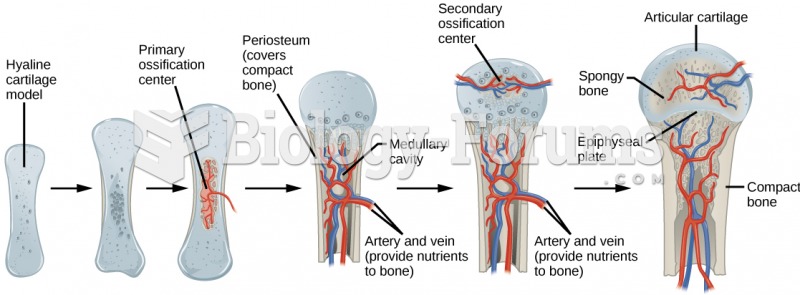|
|
|
Everyone has one nostril that is larger than the other.
Glaucoma is a leading cause of blindness. As of yet, there is no cure. Everyone is at risk, and there may be no warning signs. It is six to eight times more common in African Americans than in whites. The best and most effective way to detect glaucoma is to receive a dilated eye examination.
Most childhood vaccines are 90–99% effective in preventing disease. Side effects are rarely serious.
The National Institutes of Health have supported research into acupuncture. This has shown that acupuncture significantly reduced pain associated with osteoarthritis of the knee, when used as a complement to conventional therapies.
More than 34,000 trademarked medication names and more than 10,000 generic medication names are in use in the United States.






